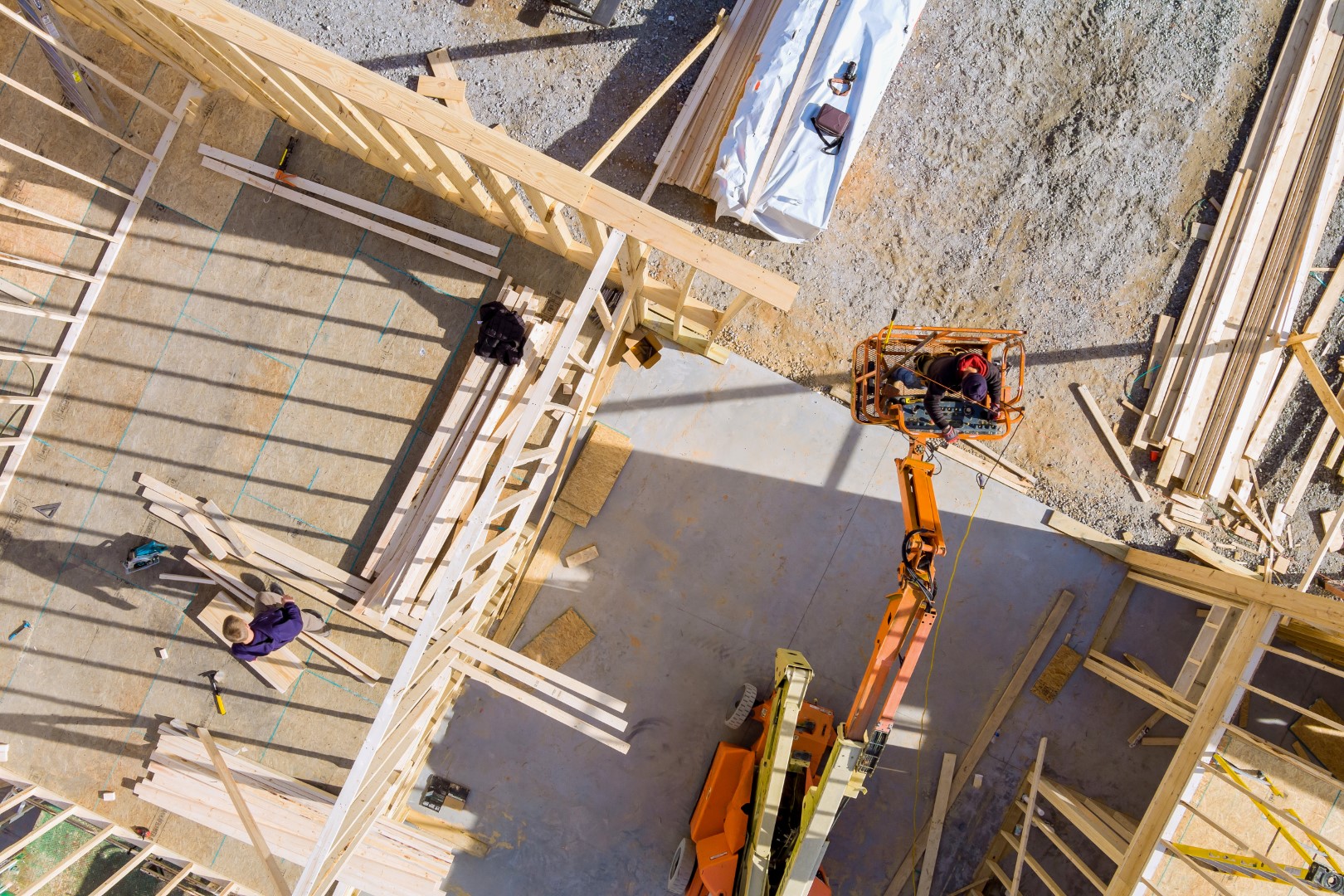Operational efficiency in the construction industry is pivotal for the success and profitability of projects. In an environment where time and resource constraints are prevalent, efficiency can make or break a project. The construction sector faces unique challenges, such as weather-related delays, supply chain issues, and labor shortages. Improving operational efficiency not only helps in overcoming these challenges but also ensures timely project completion, cost-effectiveness, and higher quality outcomes. This article provides essential tips to enhance operational efficiency, crucial for anyone involved in the construction industry.
1. Implementing Advanced Technology
The adoption of advanced technology is revolutionizing the construction industry. Tools like Building Information Modeling (BIM) enable detailed visualization and better planning of construction projects, reducing errors and saving time. The use of drones for site surveys provides accurate and comprehensive data quickly, enhancing decision-making efficiency. Additionally, construction software can streamline project management, from scheduling to communication, ensuring that all aspects of a project are well-coordinated and efficient. Embracing these technological advancements is key to staying competitive and efficient in today’s construction landscape.
2. Educating the Workforce
A well-educated workforce is fundamental to operational efficiency. Knowledgeable and skilled workers can perform tasks more effectively, leading to better quality work and fewer mistakes. In this context, pursuing a construction management degree online can be invaluable. Such programs provide construction professionals with up-to-date knowledge of industry standards, modern construction techniques, and project management skills. They enable workers to adapt to the evolving demands of the construction industry and manage projects more efficiently. Investing in education is not just about improving individual skills; it’s about elevating the entire project team’s capability to deliver efficient results.
3. Streamlining Communication
Efficient communication is the backbone of any construction project. Miscommunications can lead to costly errors and delays. Establishing clear, consistent communication channels among all team members, including contractors, subcontractors, and clients, is essential. This can be achieved through regular meetings, clear documentation, and the use of communication tools like construction management software. Effective communication ensures that everyone is on the same page, project goals are clearly understood, and any issues are addressed promptly, keeping the project on track and efficient.
4. Effective Project Management
Effective project management is key to operational efficiency. This involves meticulous planning, resource allocation, and progress tracking. Techniques such as the agile methodology can be particularly useful in construction, as they allow for flexibility and quick adaptation to changes or unforeseen challenges. Regular progress reviews and adjustments ensure that the project stays on schedule and budget. A strong project management approach minimizes waste of time and resources, ensuring that every aspect of the project contributes to the overall efficiency and success.
5. Regular Training and Development
Continual training and development of staff are crucial for maintaining operational efficiency. The construction industry is constantly evolving with new techniques, materials, and regulations. Regular training ensures that the workforce stays updated with these changes and can apply the latest best practices. Upskilling the team not only improves work quality but also enhances safety and reduces the likelihood of costly mistakes. An investment in training is an investment in the project’s success, as a skilled and knowledgeable team is the foundation of efficient construction practices.
6. Emphasizing Safety Measures
Implementing rigorous safety measures in construction projects is essential, not only for the well-being of the workforce but also for operational efficiency. A safe work environment minimizes the risk of accidents, which can cause delays, increase costs, and impact worker morale. Regular safety training, adherence to safety regulations, and the use of proper safety equipment are vital. By fostering a culture of safety, construction projects can avoid the setbacks and financial burdens of work-related injuries and maintain a steady pace towards project completion.
7. Efficient Resource Management
Resource management is a critical aspect of improving operational efficiency in construction. Efficient use of resources – including materials, labor, and equipment – ensures that the project is executed cost-effectively and within schedule. Strategies for optimizing resource management include accurate material estimation to avoid wastage, strategic scheduling of labor to prevent idle time, and proper maintenance and utilization of equipment. Additionally, adopting lean construction principles can help in minimizing waste and maximizing value, contributing significantly to the efficiency of the project.
8. Leveraging Data and Analytics
In today’s data-driven world, leveraging data and analytics can significantly enhance construction efficiency. The use of data analytics tools helps in making informed decisions based on real-time data. Tracking and analyzing project metrics such as time, cost, labor productivity, and resource utilization can provide insights into areas needing improvement. By identifying trends and patterns, construction managers can make proactive adjustments to enhance efficiency. Furthermore, predictive analytics can help in foreseeing potential issues and mitigating risks before they impact the project.
Conclusion
Improving operational efficiency in construction requires a multifaceted approach, encompassing technology adoption, workforce education, effective communication, strong project management, and more. By implementing these strategies, construction projects can achieve higher levels of efficiency, leading to cost savings, timely completion, and superior quality. Ultimately, operational efficiency is not just about doing things faster; it’s about doing things smarter, ensuring long-term success in the construction industry.
Discover more from Futurist Architecture
Subscribe to get the latest posts sent to your email.




